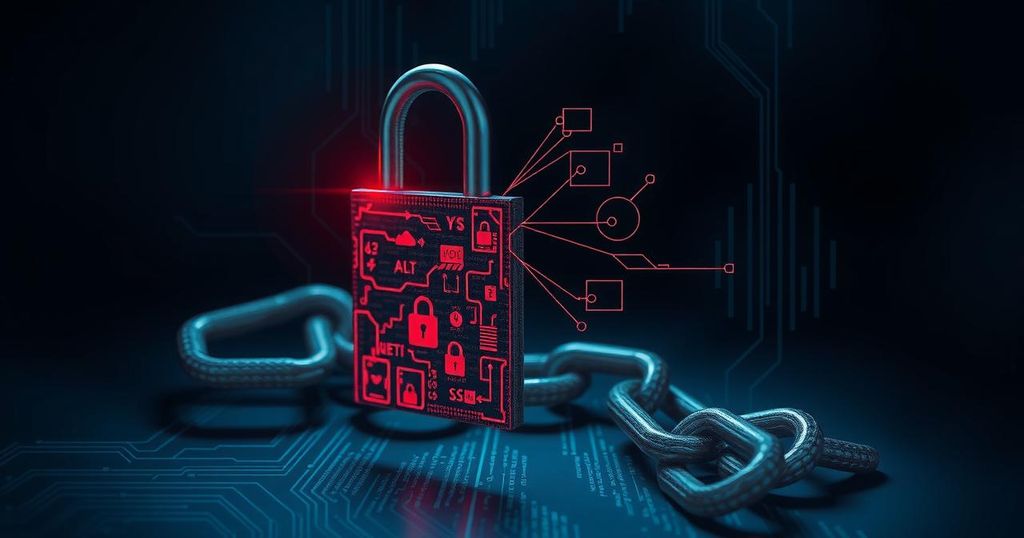North Korean hackers executed a historic theft of $1.5 billion from Bybit, the world’s second-largest cryptocurrency exchange. The funds, nearly half of North Korea’s annual GDP, are being laundered through accounts connected to North Korean operatives. This cyberattack raises significant concerns regarding the funding of the nation’s nuclear ambitions and the efficacy of current countermeasures against such security threats.
North Korean hackers have achieved a unprecedented feat by stealing $1.5 billion in cryptocurrency in a single operation, which has been identified as the largest cryptocurrency theft on record. This cybercrime targeted Bybit, the second-largest cryptocurrency exchange globally, serving over 40 million customers. Within mere minutes, the hackers made off with an amount equivalent to nearly half of North Korea’s annual GDP, and within days, they were laundering approximately $160 million through various accounts linked to North Korean agents, as reported by crypto-tracing firm TRM Labs.
This incident represents a significant challenge for the current U.S. administration, which must find effective means of preventing North Korea from utilizing such hacks to fund its nuclear and missile programs. Nick Carlsen, a former FBI analyst with expertise in North Korean cyber activities, expressed serious concerns, stating, “We’ve never seen anything on this scale before… the ability of these illicit financial networks to absorb such huge amounts of money so quickly is deeply concerning.”
The hacking capabilities of North Korea have emerged as a critical revenue stream for the regime, which faces international sanctions and economic hardships. According to both U.S. and South Korean officials, North Korean hackers have amassed billions from banks and cryptocurrency exchanges over several years, with reports indicating that approximately half of its missile program financing derives from such cyber crimes.
In summary, the record-breaking theft of $1.5 billion by North Korean hackers underscores the urgent need for heightened global cybersecurity measures and a reevaluation of strategies to counter cybercrime associated with state-sponsored actors. The rapid laundering of stolen funds amplifies the threat, necessitating swift action from international law enforcement agencies to recover stolen assets and deter future attacks.
Original Source: www.cnn.com




